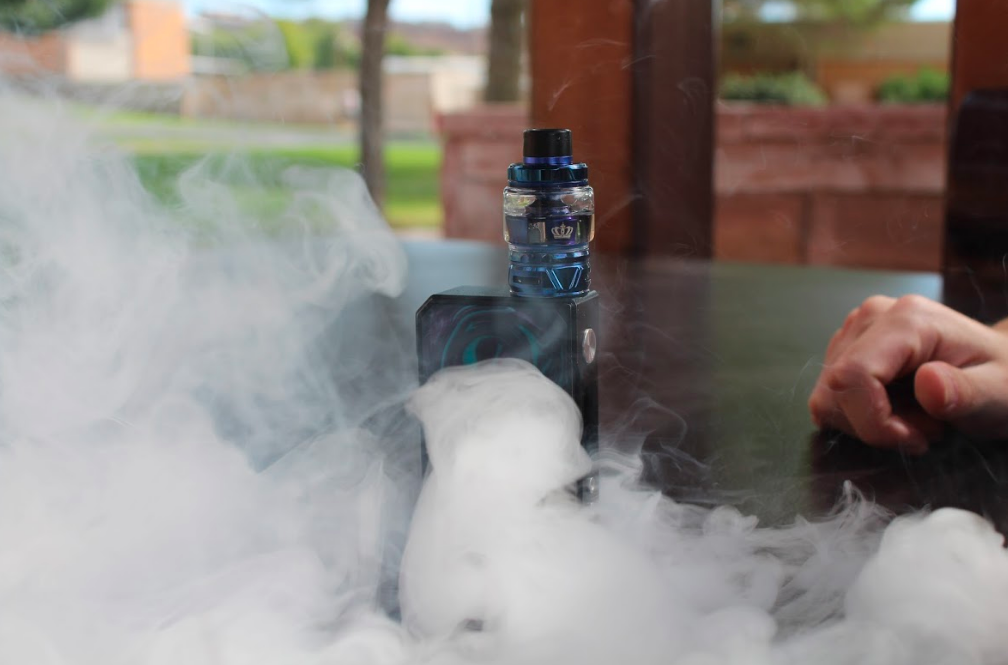While COVID-19 cases have risen in St. George, crime and rule violations have dropped on Dixie State University’s campus.
Chief of Police Blair Barfuss said the campus population has decreased substantially, leaving roughly 230 students still living on campus, which has resulted in a decrease in crime rate; however, the chances of a crime occurring aren’t completely eliminated.
“Since COVID-19, not many issues have come about; we’ve only had one criminal case involving THC and some vape pens,” Barfuss said.
Students still living on campus have also noticed a shift in crime decreasing.
“Lately, there has been a significant decrease of activity in my dorm because of COVID-19 and because we don’t have a lot of students on campus,” said Resident Assistant Andrea Aguirre-Silva, a senior secondary education major from Lima, Peru.
Aguirre-Silva said living on campus has been one of the best college experiences for her.
“When I decided to live on campus view [Suites] two years ago, I did it because I felt it will be one of the safest places in St. George,” Aguirre-Silva said.
Aguirre-Silva said campus police and housing, specifically resident managers and resident assistants, work together to maintain the campus housing safety and to help each other with difficult situations, which may include criminal related incidents.
“My position as a resident assistant helped me be aware of unsafe situations and protect my residents too,” Aguirre-Silva said.
Seth Gubler, interim executive director auxiliaries and director of housing, said students should be aware that they can still get caught for crimes even though the campus population has reduced.
Gubler said he wants to encourage students to maintain their life-lines with their campus partners and support groups through the challenges of the world-wide quarantine.
“Research shows that students who are more involved and connected with the campus community are less likely to engage in misconduct,” Gubler said.




